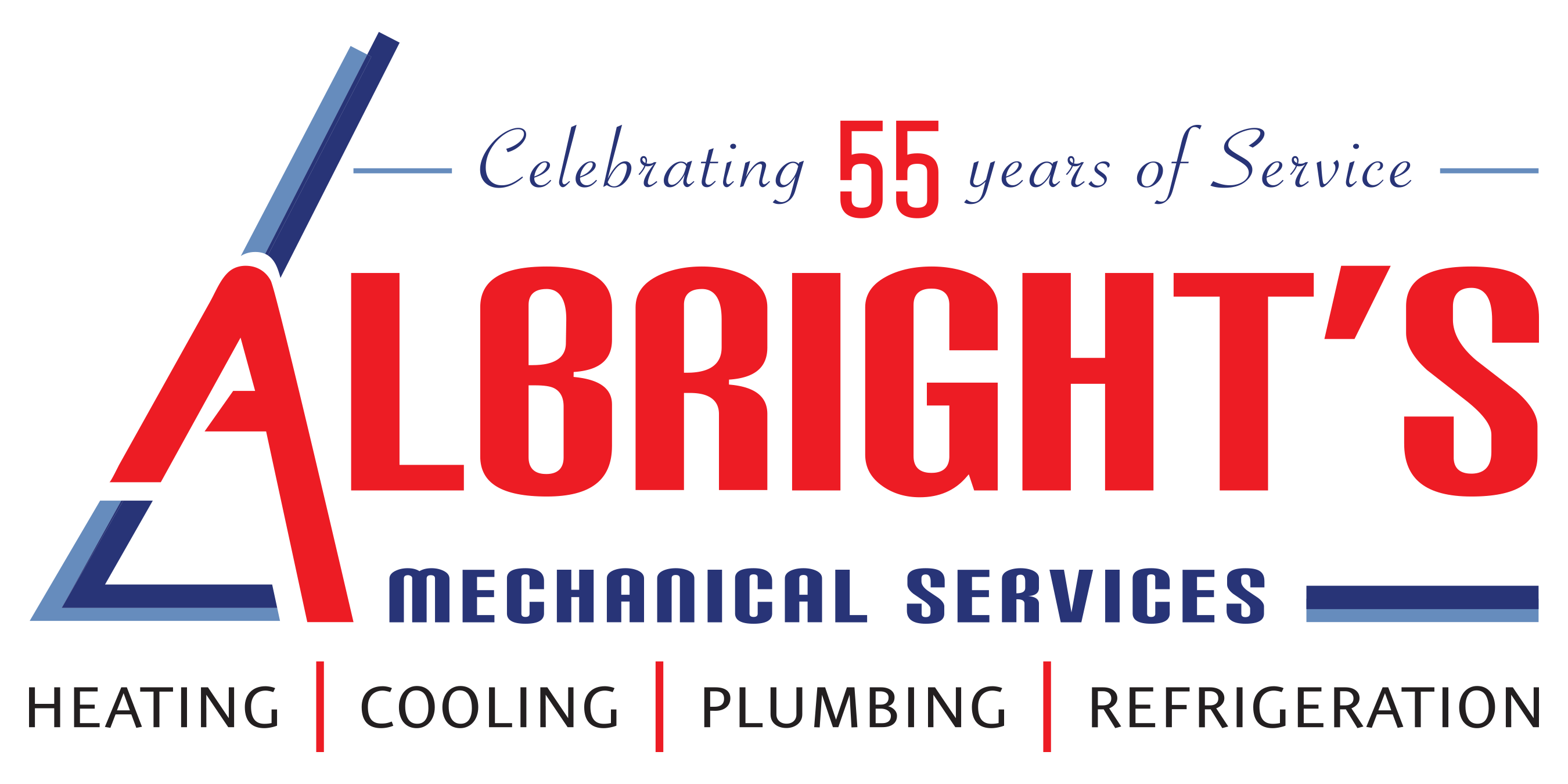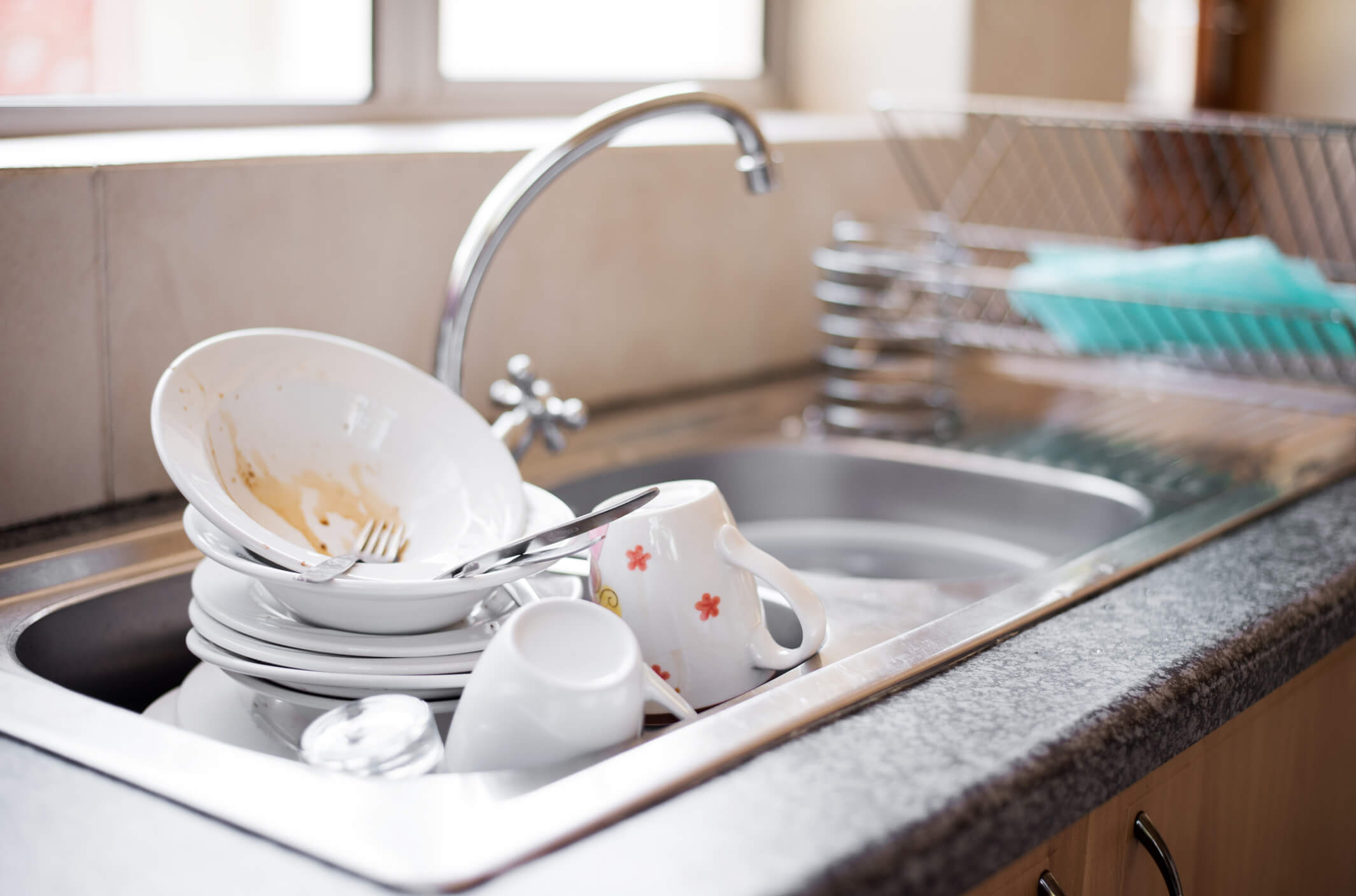One of the most common misconceptions is that the bathroom is the germiest room in the house. However, a National Sanitation Foundation International study revealed that kitchen surfaces contained more bacteria and fecal contamination than many other places in tested homes, including bathroom surfaces!
Keeping a clean, sanitary kitchen helps you avoid cross-contamination, food poisoning, mold growth, and illness from viruses and bacteria transmittable between surfaces. These tips below are recommended by health experts and official organizations to help you improve your kitchen’s hygiene.
1. Make handwashing a habit.
The CDC reminds us that handwashing is one of the most critical things you can do to avoid food poisoning when preparing a meal or snack. You should always wash your hands with soap for at least 20 seconds:
before prepping food;
after handling trash;
after touching raw eggs or meat;
after you clean or wipe down your counters;
before and after wearing gloves;
and after sneezing, blowing your nose, or coughing.
2. Replace your sponge periodically.
Your sponge houses literally billions of bacteria--but before you panic, most are not harmful to humans. The bacteria that can accumulate on your sponge that are cause for concern are types such as E. coli, Klebsiella, Staphylococcus, Salmonella. There are conflicting studies that show whether or not microwaving your sponge helps to eliminate harmful bacteria. While microwaving will remove some, it won’t necessarily sanitize your sponge.
Research shared by the USDA shows that you can't go wrong by cleaning your sponge by microwaving it for one minute or running it through your dishwasher on the heated dry cycle. Experts also agree that you should replace your sponge every one to two weeks and avoid exposing it to raw meat.
3. Inspect dark areas for mold growth.
Your kitchen can produce a lot of moisture, one of the essential ingredients for mold growth. This moisture can be released from cooking and washing dishes, and it can also accumulate from leaks under your sink, dishwasher, or refrigerator. Check underneath and behind your appliances and underneath your sink regularly to make sure that no mold is growing. Also, if you smell a musty odor, don’t ignore it! Follow your nose to the source so that you can fix the problem before it gets worse.
4. Don’t wash meat or poultry before cooking.
Because we wash our fruits and veggies before preparing them, it only seems logical to wash meat as well. However, the USDA does NOT recommend washing or rinsing raw meat or poultry because the bacteria in their juices can spread to other foods, utensils, and surfaces. Nowadays, meat is cleaned prior to packaging, so washing it only increases the risk of cross-contamination.
Our family is here to take care of your family! Whether you need help with your Baltimore home’s plumbing, heating, or air conditioning system, our experts at Albright's Mechanical Services can provide you with a reliable repair: (410) 834-0148.


